Bipolar Disorder, previously called manic-depressive disorder, is a serious psychiatric condition characterized by intense and unusual mood swings between emotional highs and lows.
The highs and lows experienced by individuals with bipolar disorder are significantly more severe than the emotional highs and lows people without the condition go through on a day-to-day basis.
Their mood swings also usually bring about extreme changes in energy, activity, sleep, and behavior. These unusually intense periods of emotional volatility are referred to as “mood episodes”, and they last anywhere from seven to fourteen days.
Each mood episode represents a marked change in a person’s usual behavior, and they can inhibit people’s ability to lead normal lives. Through prolonged and closely monitored treatment with a professional psychiatrist, those with bipolar disorder can learn to manage their mood swings and lead stable, productive, and successful lives.
According to the Depression and Bipolar Support Alliance, more than five and a half million Americans are affected by bipolar disorder every year. Most individuals that suffer from bipolar disorder develop the condition in their late teens or early twenties, but it can occur at any age.
A diagnosis for bipolar disorder is made using the Diagnostic and Statistical Manual of Mental Disorders (DSM), and to be diagnosed, a person’s symptoms must represent a major change from their usual mood or behavior.
The fluctuations between the emotionally “high” episodes (manic or hypomanic mood episodes) and emotionally “low” (depressive mood episodes) make it difficult for individuals with bipolar and their families to recognize their symptoms.
They may be able to identify singular symptoms, but they are not always able to recognize the larger underlying issue. Consequently, some people with bipolar disorder will suffer for years before being properly diagnosed and treated.
The longer the condition goes untreated, the more severe the symptoms become. Bipolar symptoms can result in damaged relationships with friends and family, poor work or academic performance, and in some cases even suicide.
This fact helps emphasize the importance of treatment and the severity of the condition because it shows that bipolar disorder does not get better on its own. Getting the proper treatment is the only way to ensure that bipolar individuals get their symptoms under control.
The underlying cause of bipolar disorder is unknown, but there are a number of risk factors to be aware of. The most prominent risk factors are genetics, brain structure, and brain functioning.
Individuals with a first-degree relative, namely a parent or sibling, with the condition, are more susceptible to developing the condition. In regards to brain structure and functioning, an MRI study found that adults with bipolar disorder have smaller prefrontal cortices with smaller functional capacities than people without the condition.
Mood episodes are the distinct periods in which individuals experience intense emotional states along with unusual sleep habits, activity levels, thoughts, and/or behavior.
Each episode denotes a drastic alteration from a person’s typical mood or behavior. During an episode, people will experience symptoms for the majority of the day and bipolar individuals usually experience multiple episodes.
The DSM delineated four particular types of mood episodes: manic episodes, hypomanic episodes, depressive episodes, and mixed episodes.
For an individual to experience a manic or hypomanic episode, they must exhibit three or more of the following symptoms:
It’s common for bipolar individuals to enjoy the euphoric feelings and increased productivity attributed to manic and hypomanic episodes, but it is important to remember that they’re impermanent. Both hypomanic and manic episodes result in an emotional crash that leaves individuals feeling depressed and worn out.
Major depressive episodes (MDE) are the antithesis of manic episodes. During a depressive episode, individuals become much more reserved and tend to isolate themselves. It’s common for depressive symptoms to become severe enough to disrupt their daily lives and make the most routine tasks difficult. When someone is going through an MDE, they will experience five or more of the following nine symptoms for two or more weeks:
People with bipolar disorder are more likely to seek out help amidst a depressive episode, which is why bipolar disorder is sometimes misdiagnosed as major depressive disorder. So, it’s extremely important to have your physician conduct a close examination of your previous medical history to prevent this from happening.
A mixed mood episode, or mixed state, is a manifestation of manic and depressive symptoms simultaneously. During a mixed state, individuals are likely to be more irritable than normal, have trouble sleeping, and experience a drastically changed appetite.
The National Institute of Mental Health noted that “People in a mixed state may feel very sad and hopeless while at the same time feel extremely energized.” Thus, a mixed-mood episode can be characterized by emotional uncertainty or conflict.
People with particularly severe mood episodes may develop symptoms of psychosis. Psychosis affects a person’s ability to know what’s real and what is not in addition to their thoughts and emotions.
The psychotic symptoms an individual exhibits will reflect their particular mood extremity. When a person is experiencing psychotic symptoms during a manic episode, they may believe that they’re rich and famous or have special powers like invincibility.
Conversely, psychotic symptoms during a depressive episode include the belief that they’ve committed a crime, the belief that they’ve lost all of their money, or that their life has been ruined in some way or another. As a result, bipolar individuals with psychotic symptoms can be misdiagnosed with schizophrenia.
There are four primary types of bipolar disorder, and physicians use the DSM (Diagnostic and Statistical Manual of Mental Disorders) to determine the particular form of the disorder an individual has. To be diagnosed, their symptoms must represent a marked change from their usual mood or behavior.
It is important to note that bipolar II disorder is not a milder form of bipolar I disorder. They are completely separate diagnoses. The manic episodes of bipolar I disorder can be more severe, but individuals with bipolar II disorder can be depressed for longer periods and are more susceptible to rapid cycling bipolar disorder.
There is a severe form of bipolar disorder called Rapid-Cycling Bipolar Disorder which occurs when a person has four or more episodes of major depression, mania, hypomania, or mixed states over a single year. Rapid cycling can occur at any point within the course of the disorder and will come and go depending on the individual’s treatment.
This particular form of bipolar disorder is more common in women and those with bipolar II disorder. It has also been documented that rapid cycling occurs in individuals that experience their first mood episodes in their mid to late teens, which is earlier than most diagnoses.
People with bipolar disorder frequently have other mental or behavioral conditions that contribute to their bipolar disorder. Some of the most common coexisting conditions include:
Substance abuse problems are the most common cohabitation sickness, and they’re also the biggest complication attributed to bipolar individuals’ stability. Some people attempt to treat their disorder by “drowning their sorrows” in alcohol or recreational drugs.
But, this often triggers or prolongs their symptoms and the manic behavioral complications lead them to excessive indulgences. Other common complications with bipolar disorder include but are not limited to:
There is no way to prevent the development of bipolar disorder, but seeking out treatment when you notice signs of bipolar disorder can prevent conditions from worsening.
Proper treatment with a licensed psychiatrist can help those dealing with bipolar disorder symptoms better manage their mood swings and certain destructive behaviors, improving quality of life.
Bipolar disorder treatment options include medication, psychotherapy, or a combination of medication and psychotherapy. The most effective forms of bipolar disorder treatment typically include a steady, prolonged combination of medication and psychotherapy.
Additionally, keeping a log of your daily mood symptoms, treatments, sleep patterns, and life events can help individuals and their physicians track and treat their illnesses most effectively.
Not everyone responds to medications in the same way, and various medications are used to treat different bipolar disorder symptoms.
Individuals may need to try several different types of bipolar disorder medications before they find a solution that works best for them. The most commonly prescribed bipolar disorder medications are mood stabilizers, atypical antipsychotics, and antidepressants.
These are typically the first option in treating bipolar disorder. Prescriptions for mood stabilizers typically last for years. Lithium was the first FDA-approved mood stabilizer, and it remains the most popular and effective stabilizer. Side effects of Mood Stabilizers include:
Atypical antipsychotics are typically prescribed along with antidepressants for individuals with bipolar I disorder. These are not as commonly prescribed as mood stabilizers and are only prescribed symptomatically. Side effects of atypical antipsychotics include:
Antidepressants are used to treat all types of bipolar disorder, but are rarely prescribed to exclusively treat the condition. Strictly taking antidepressants increases the likelihood of an individual switching to manic or hypomanic episodes, and/or developing rapid-cycling bipolar disorder. Consequently, antidepressants are usually used in conjunction with mood stabilizers.
Side effects of Antidepressants include:
Psychotherapy is commonly prescribed along with medication. Therapy is particularly effective because it provides individuals with a condition and their families with support, education, and guidance. There is a myriad of psychotherapy methods used in treating bipolar disorder, but the most popular methods include:
At our clinics, you can find the best psychiatrist for bipolar disorder near you! We conveniently have various clinics located throughout Chicago for greater accessibility no matter where you are.
Our team includes some of the top psychiatrists, psychologists, and therapists in the field, with extensive experience in diagnosing and treating bipolar disorder.
We’re committed to providing comprehensive and personalized care to help you manage and overcome bipolar disorder symptoms and other challenges such as depression in bipolar disorder.
Don’t let bipolar disorder control your life. Take the first step towards better mental health by contacting one of our Chicago mental health clinics near you. Book a consultation today to start receiving the best bipolar disorder treatment and support in your area.
Book a Bipolar Disorder ConusltationConsidering a more intensive form of therapy for Bipolar Disorder? Clarity Clinic’s PHP/IOP program can help! Head to our partial hospitalization program and intensive outpatient program (PHP/IOP) curriculum page to view a detailed breakdown of what each program entails. Clarity offers the best PHP and IOP programs near you! Get the care you deserve with our PHP/IOP programs in Chicago today.










































































































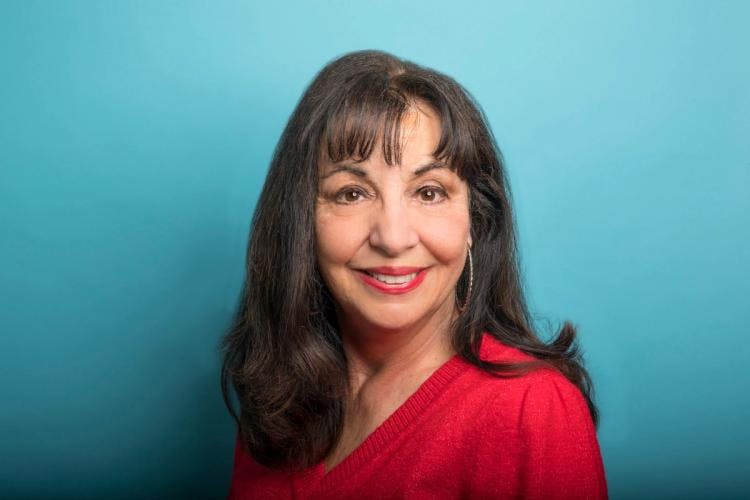





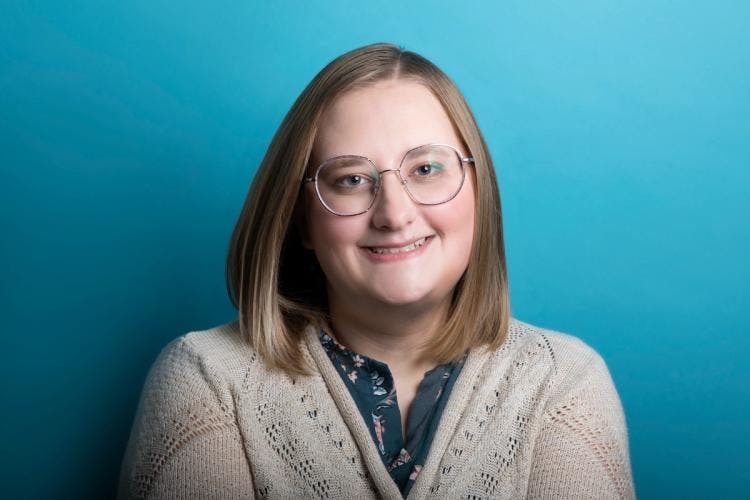

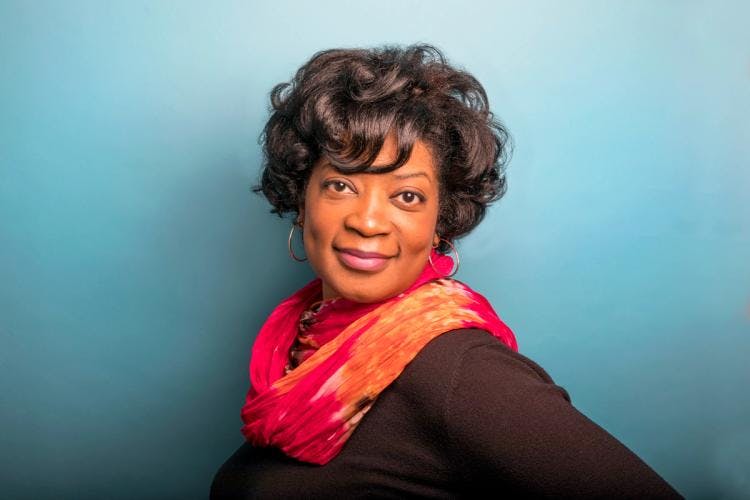
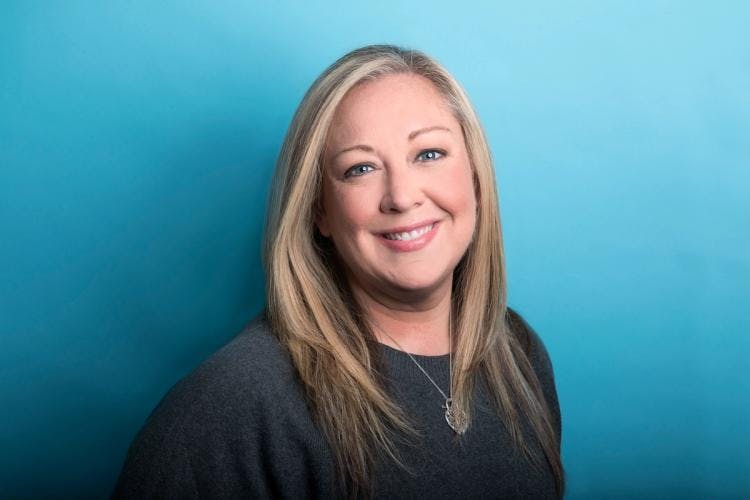
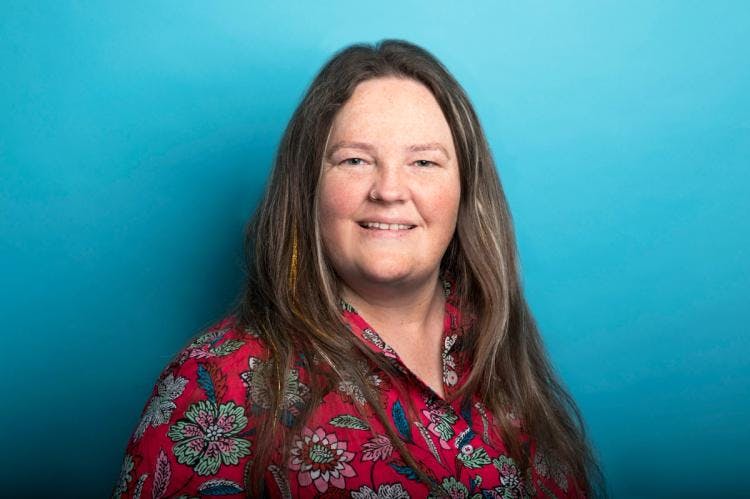






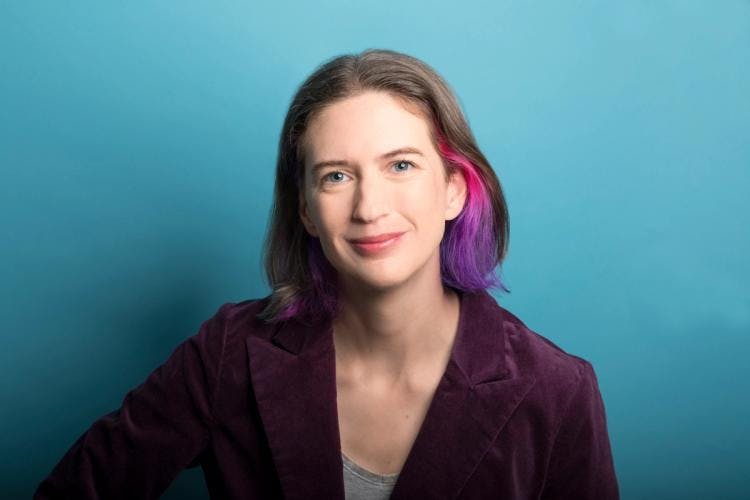
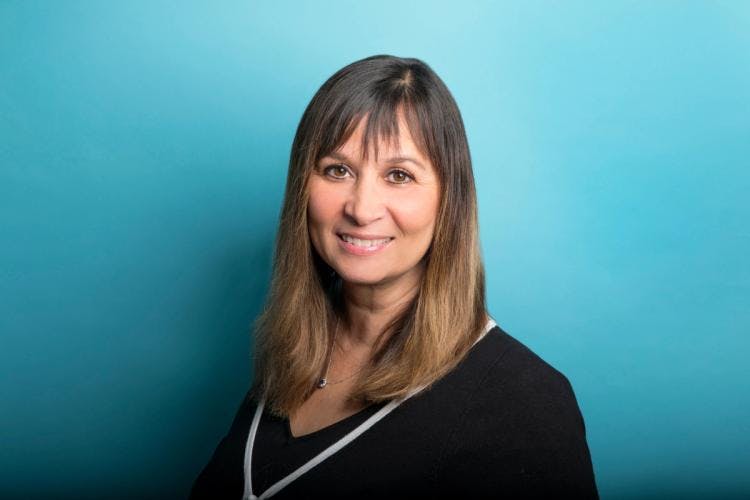


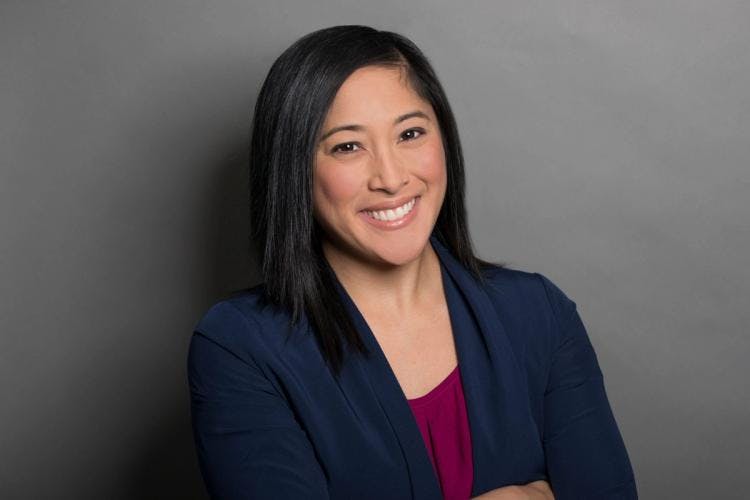



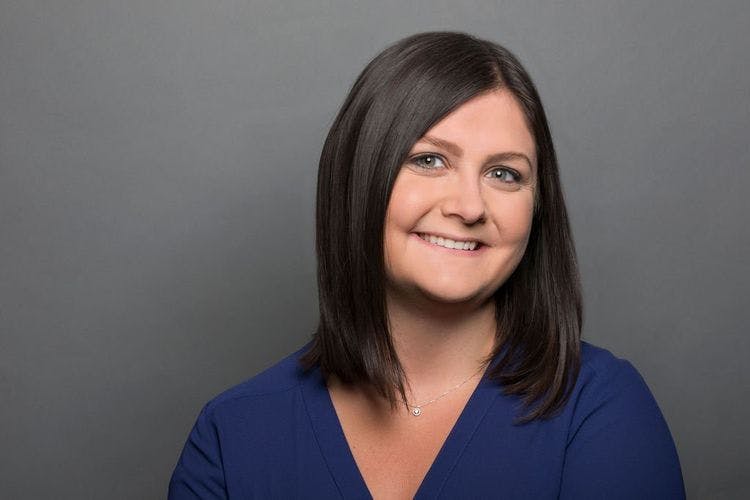

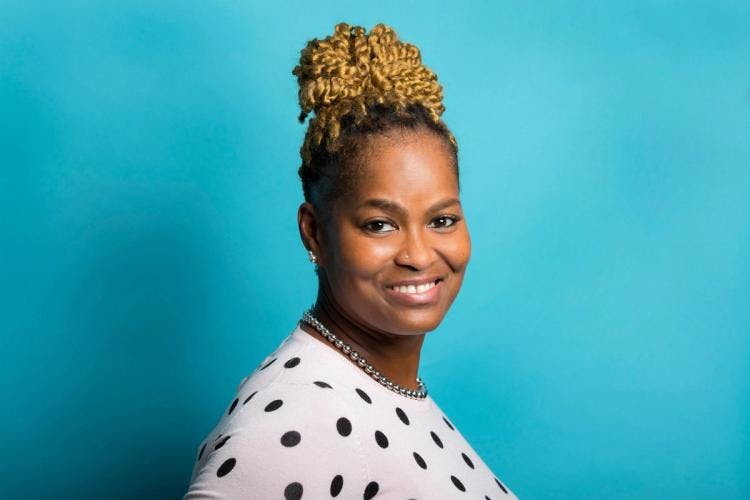
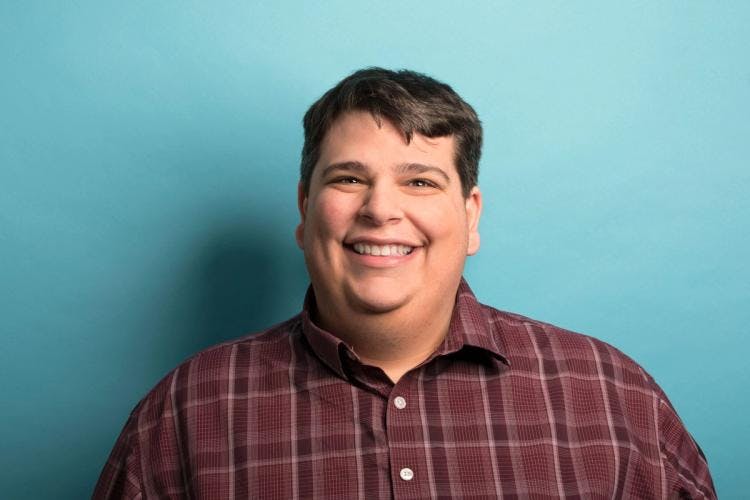




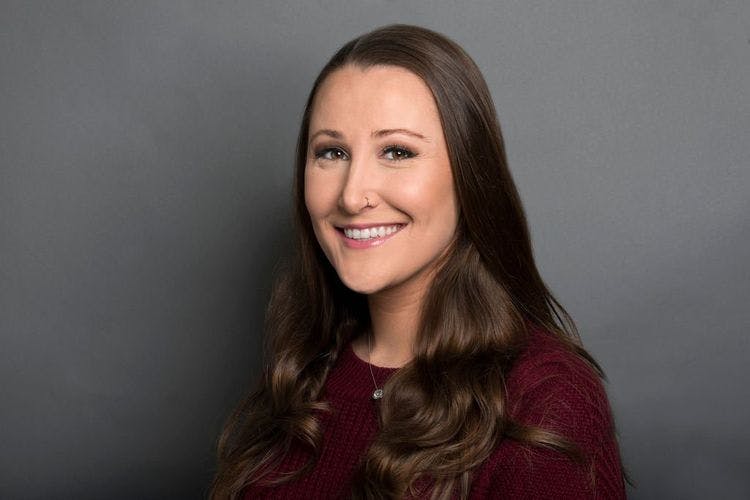
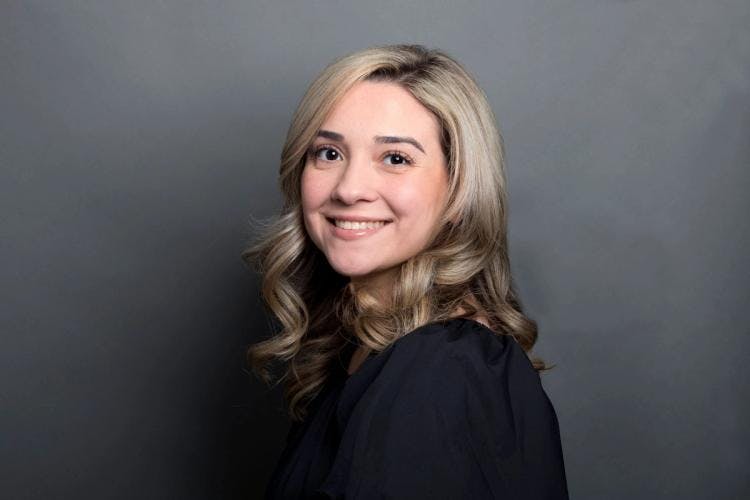
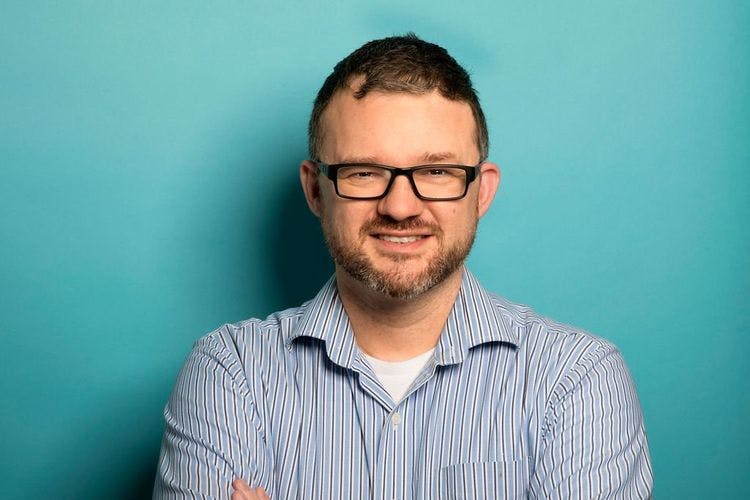
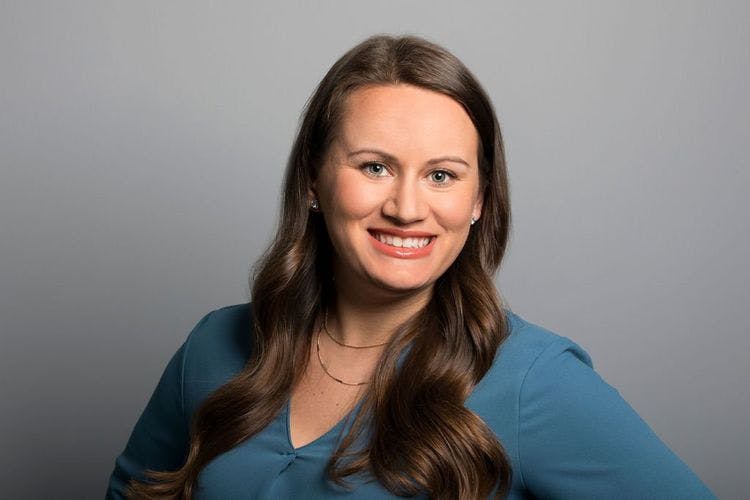
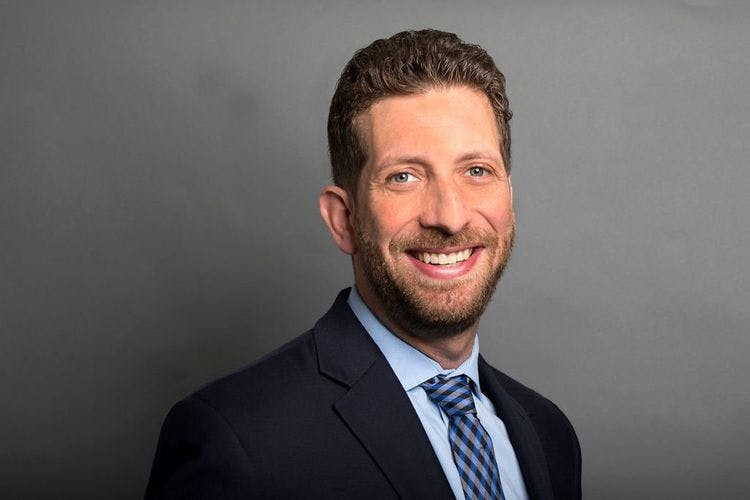
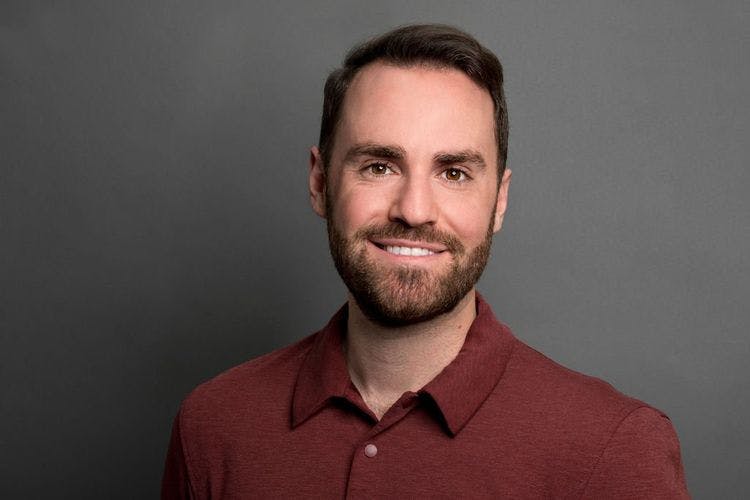

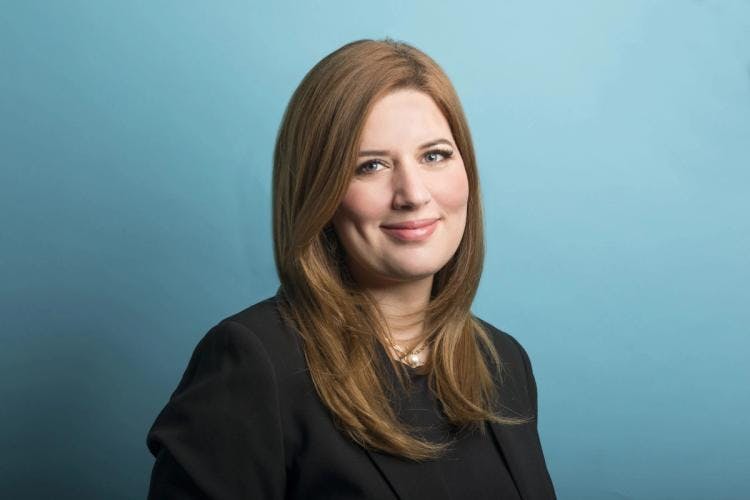






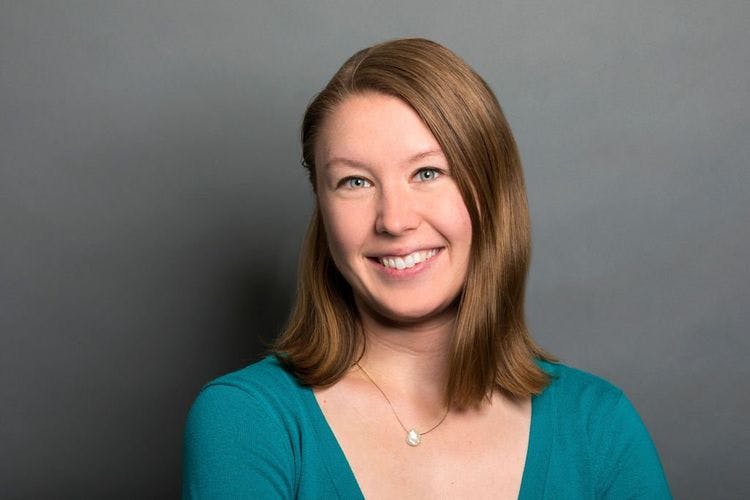
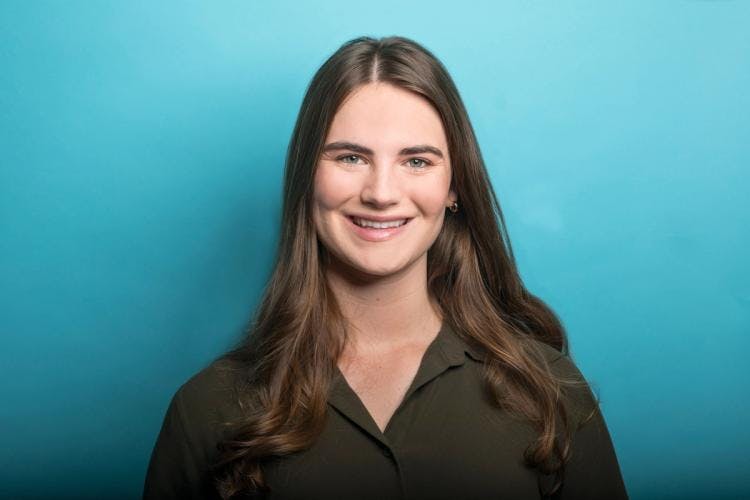
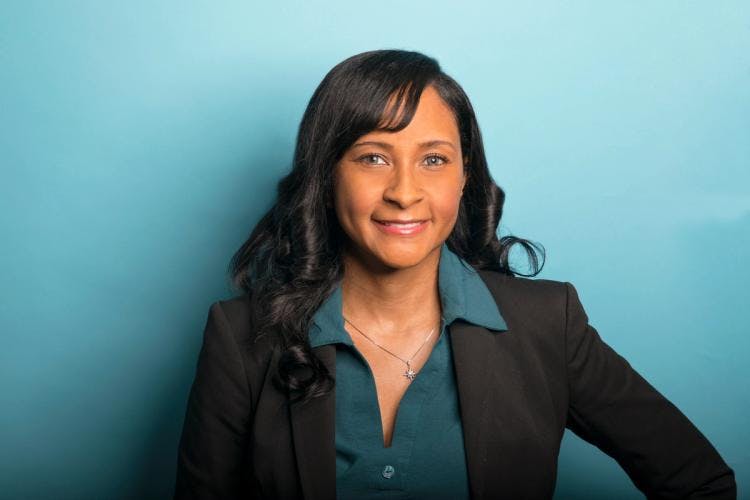
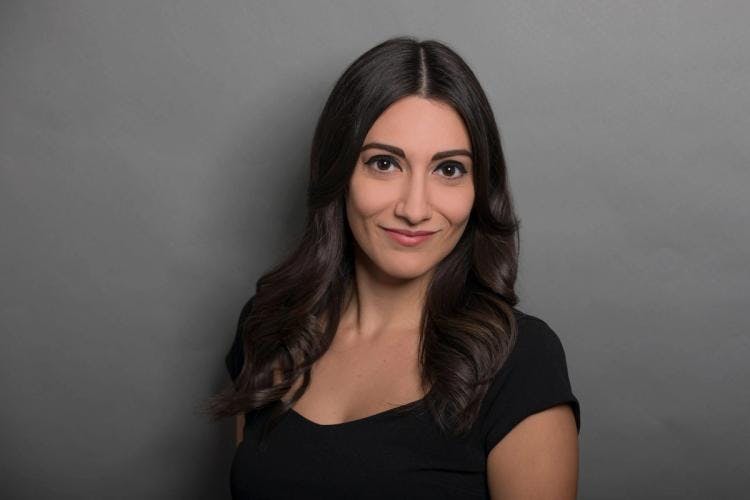




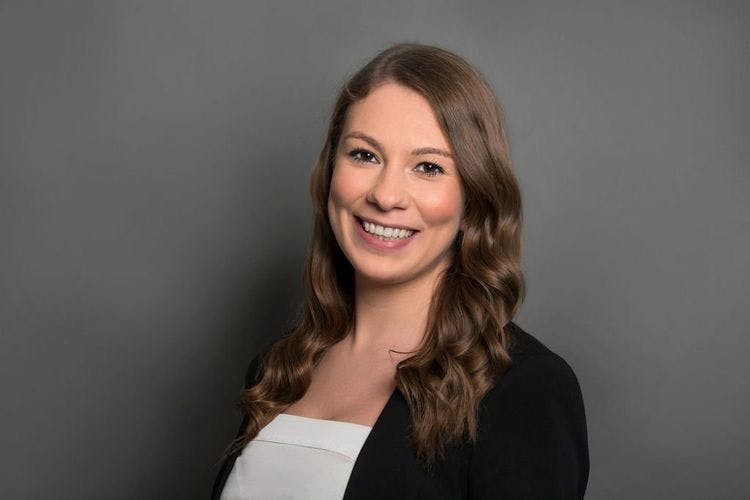




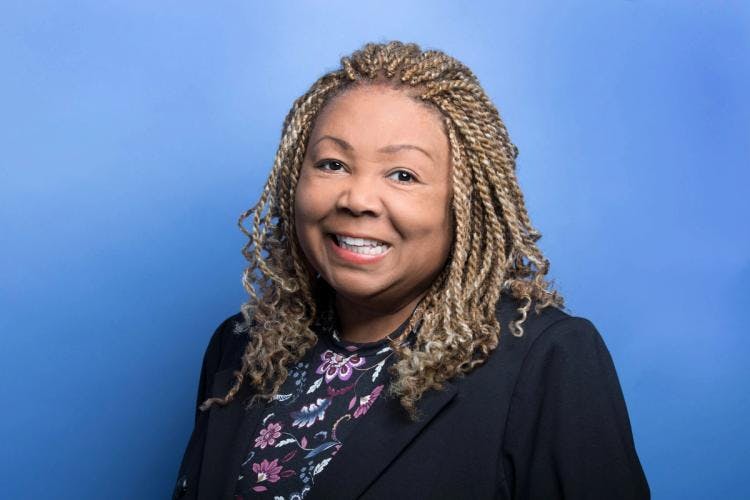
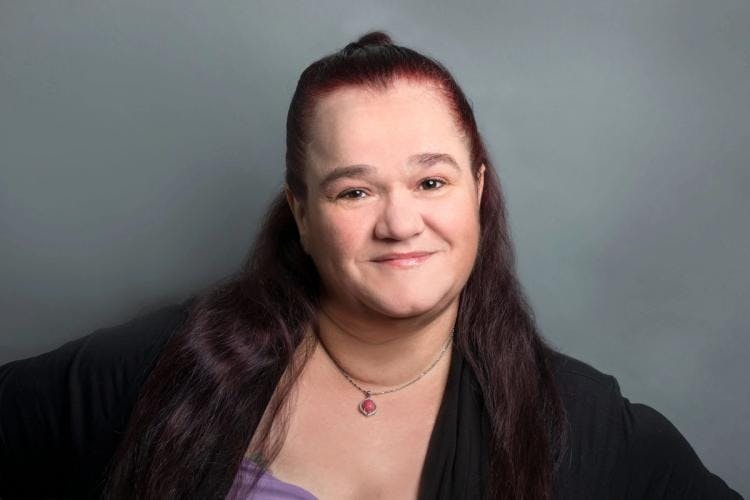

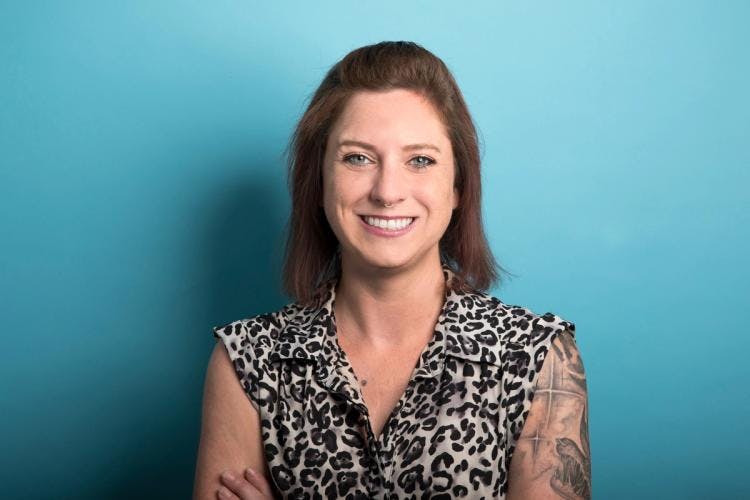


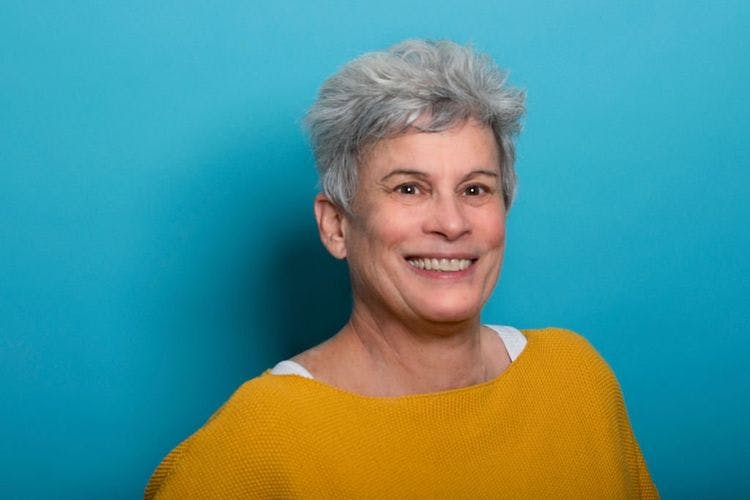
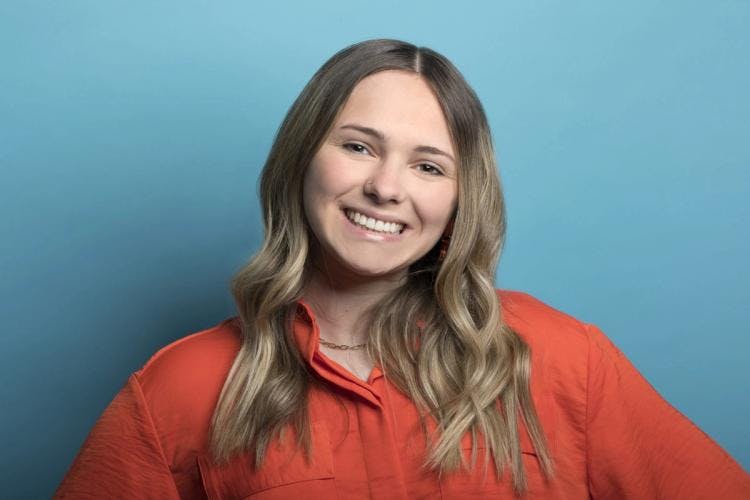
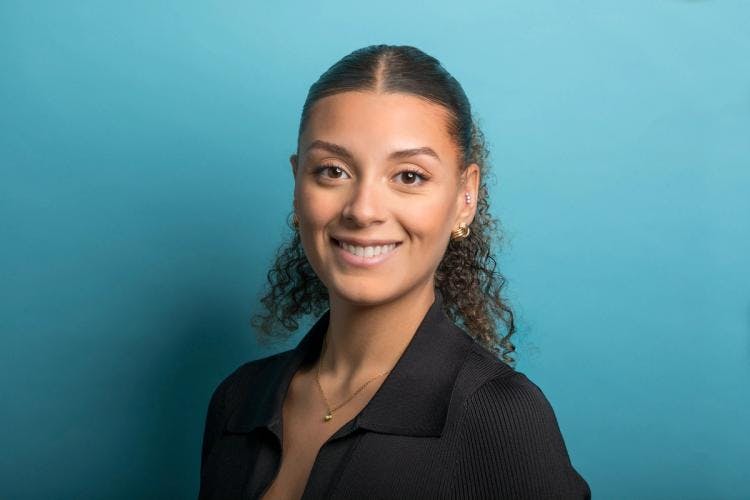





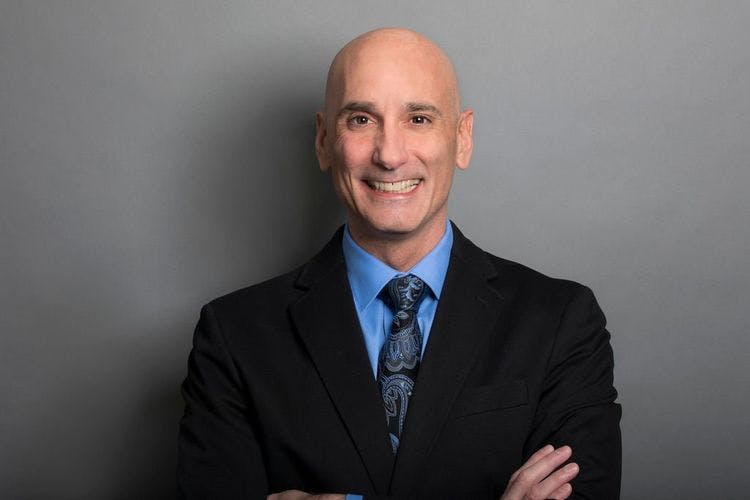

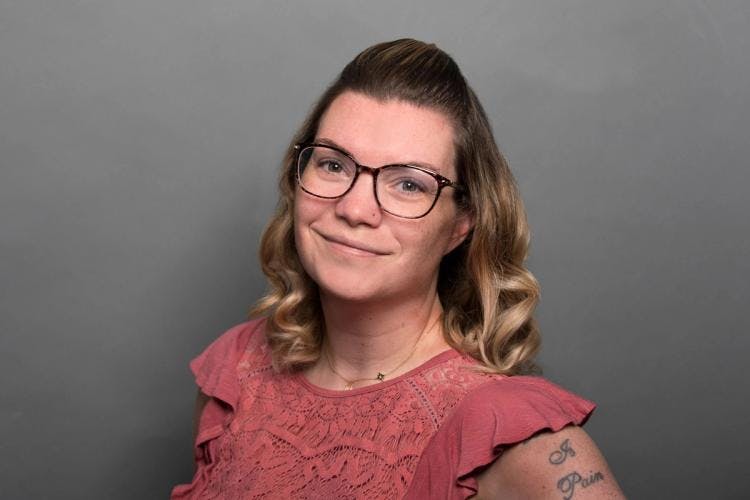













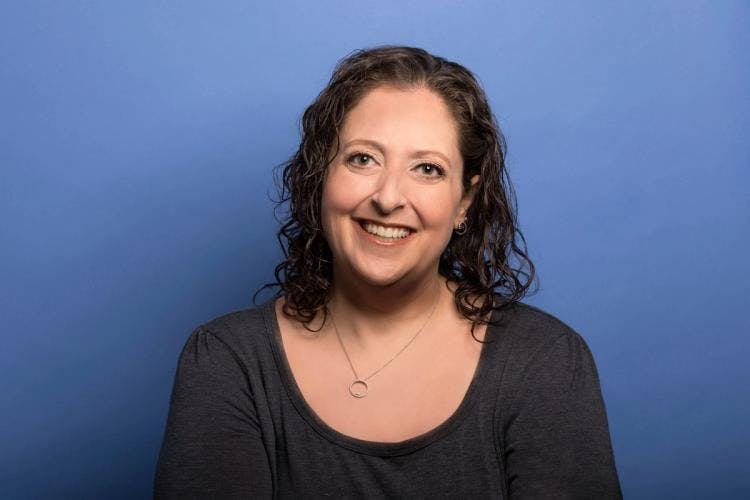
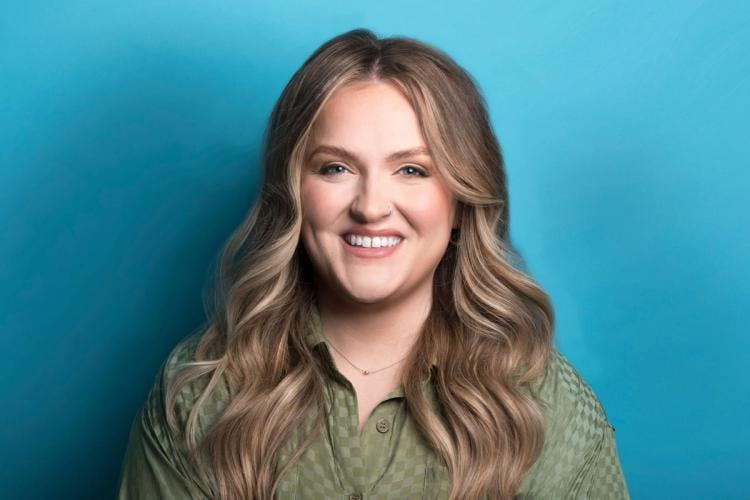




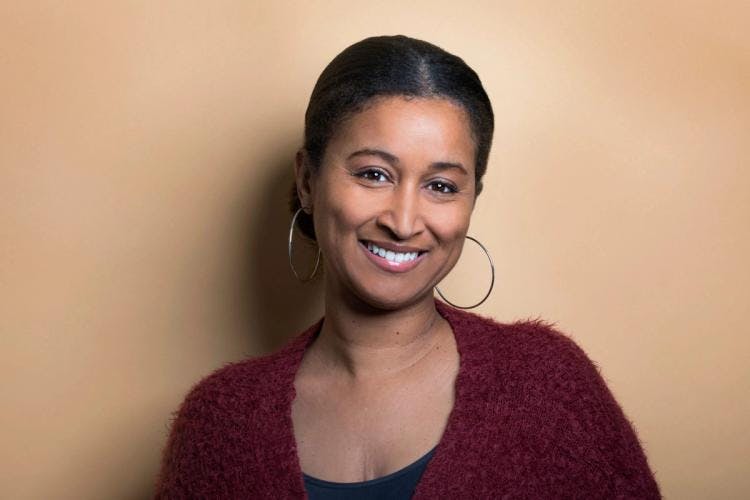
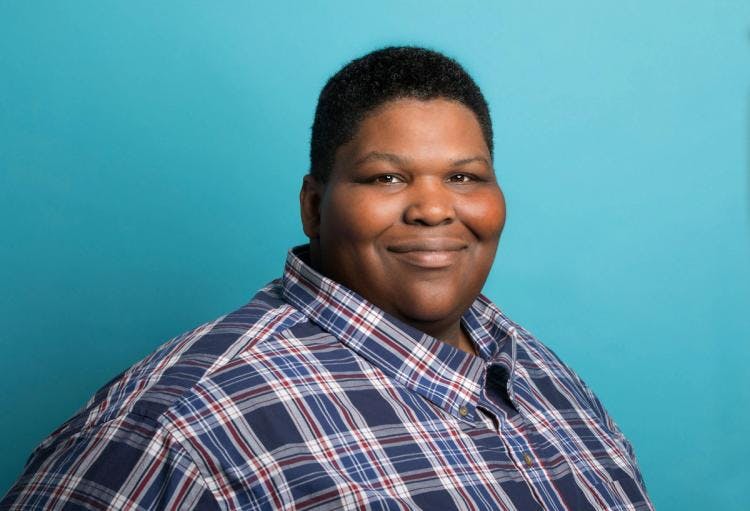
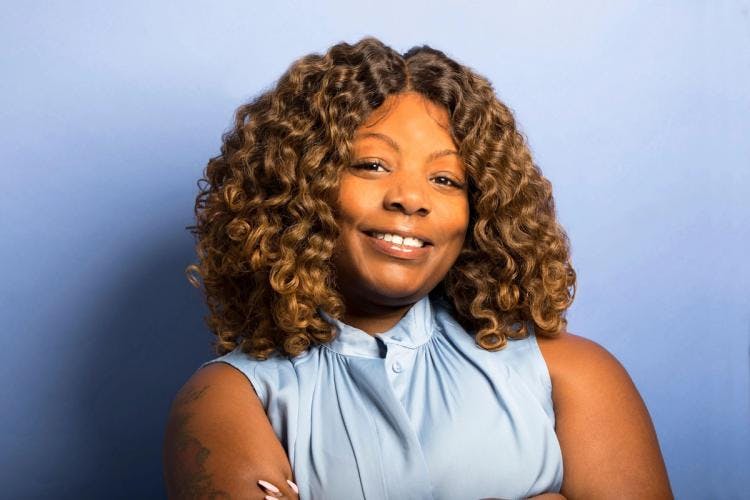
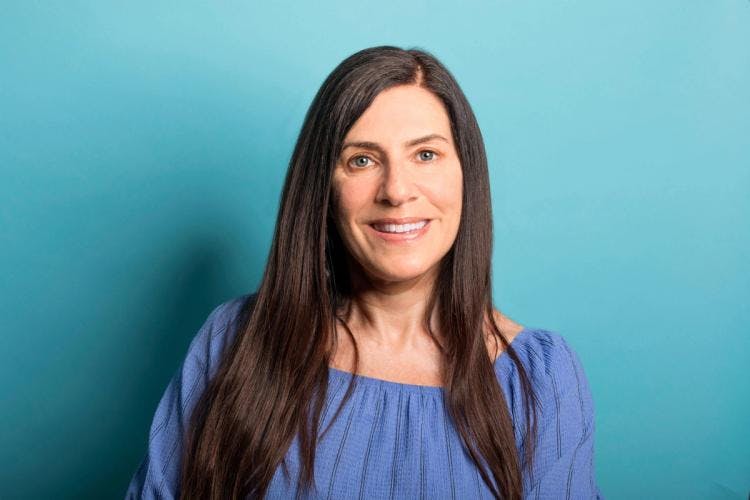
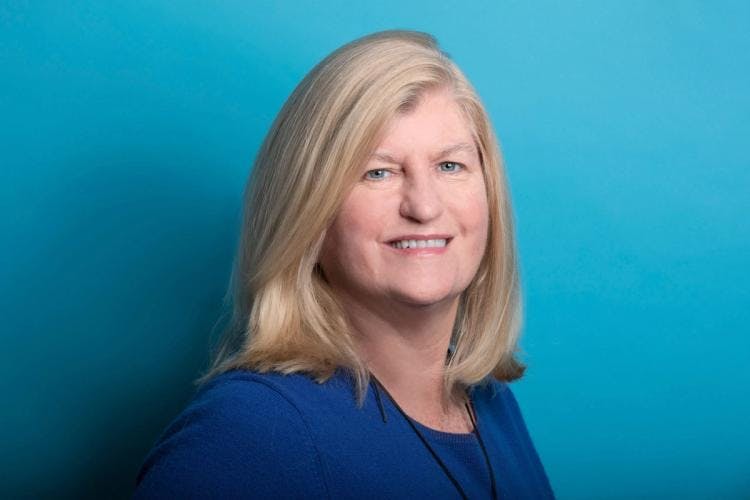

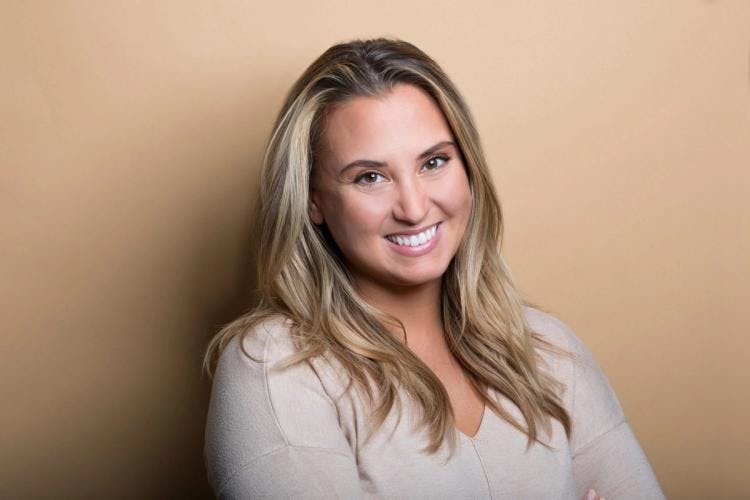

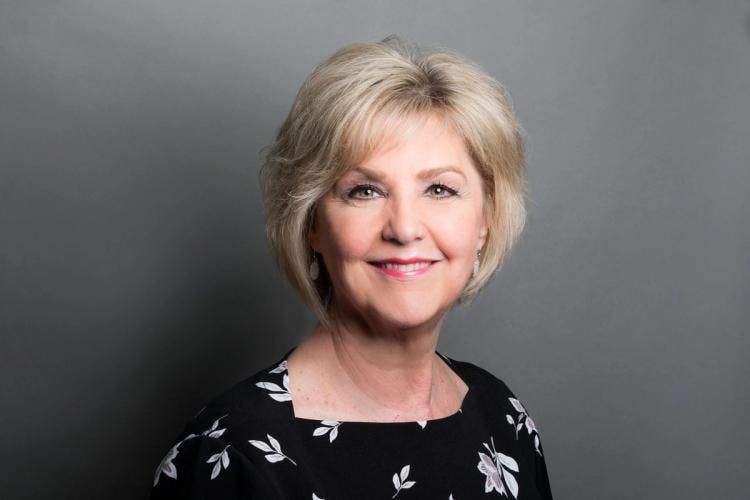
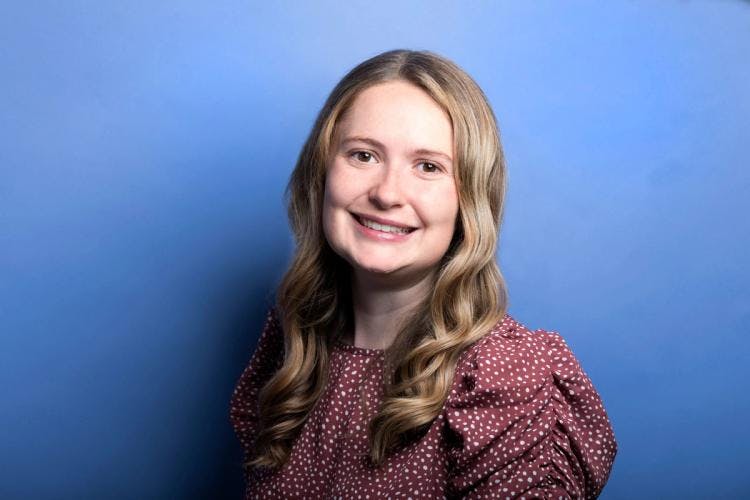

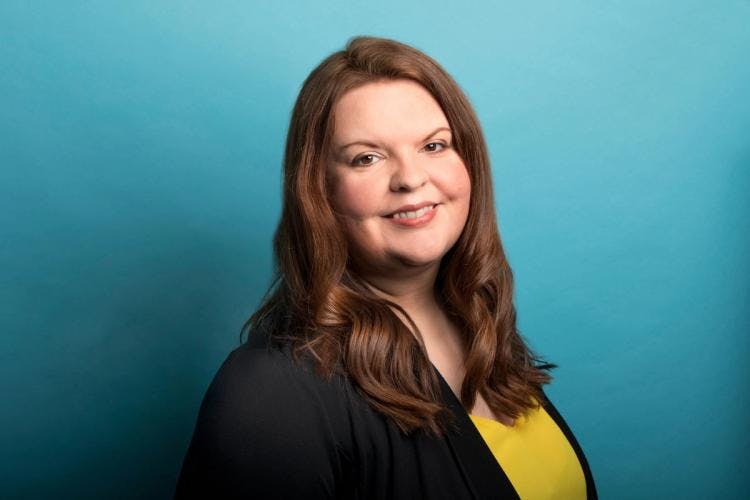
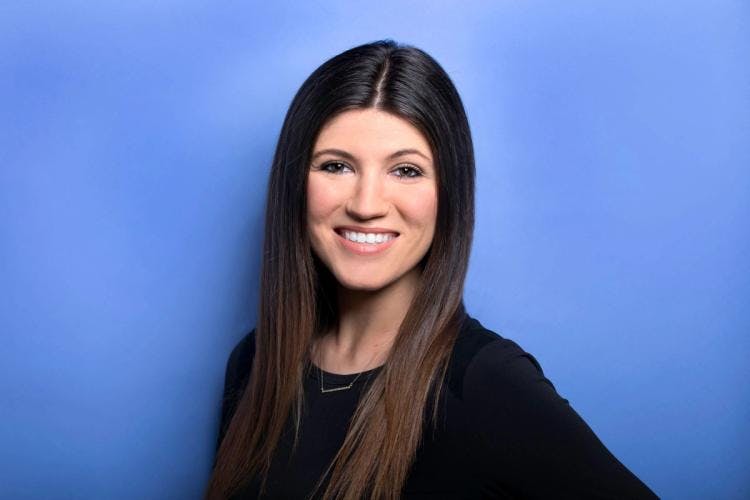
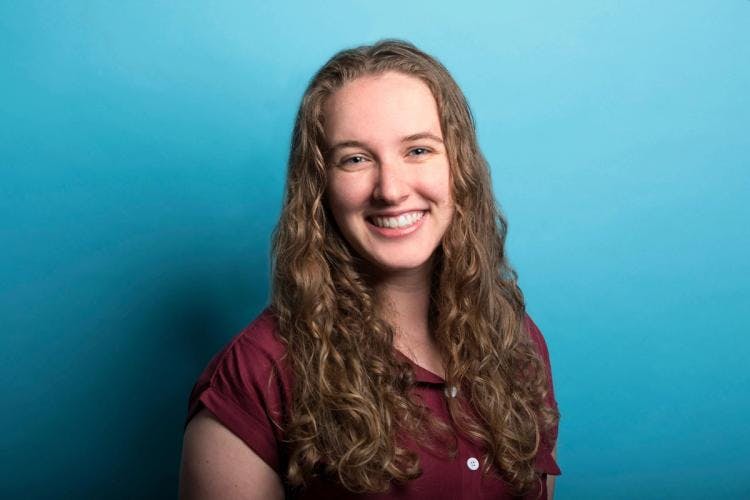
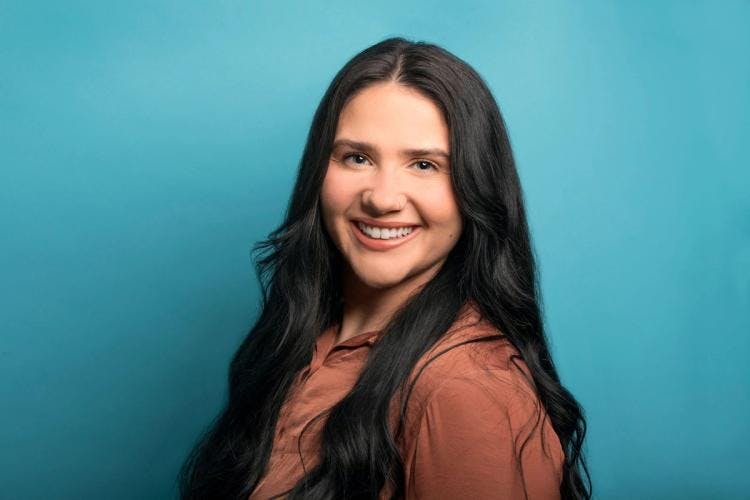


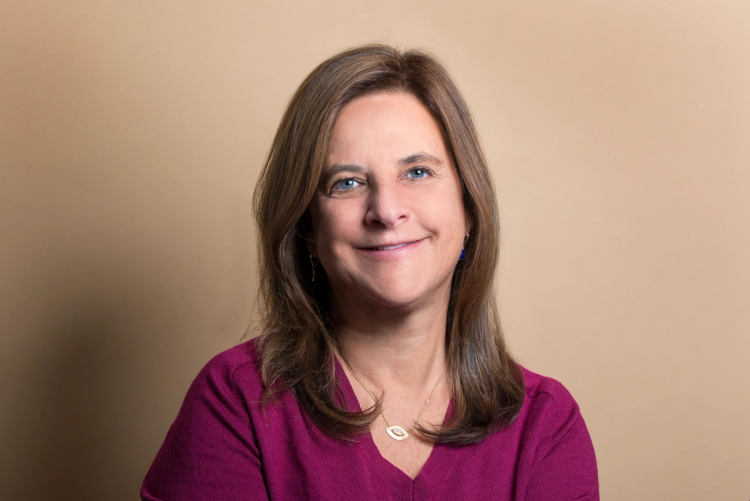

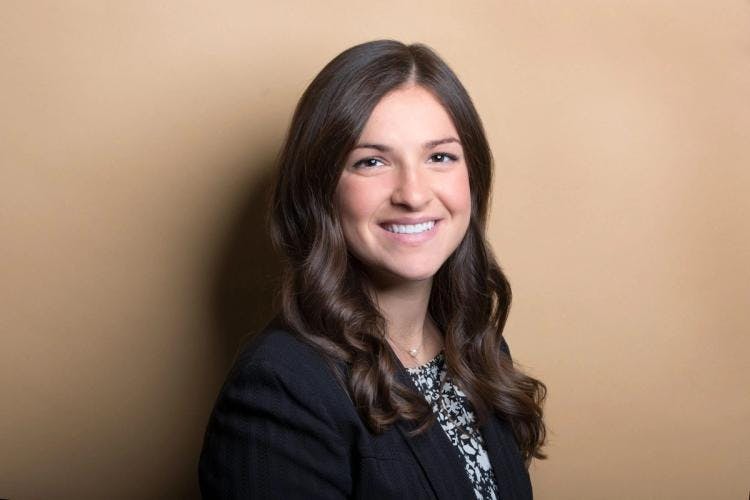
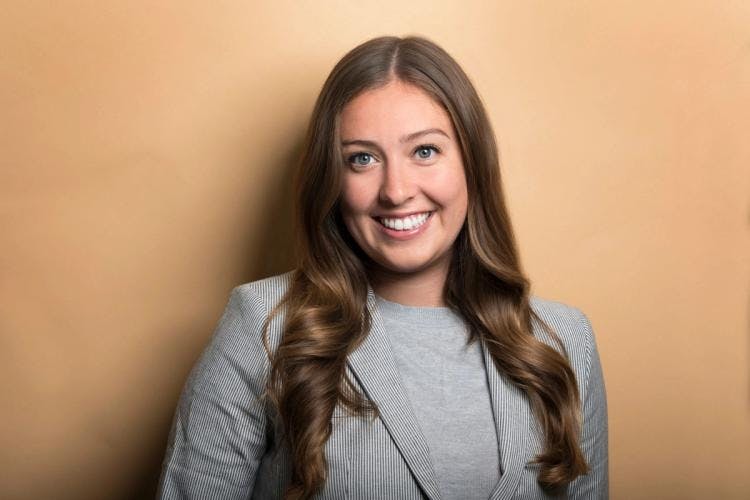






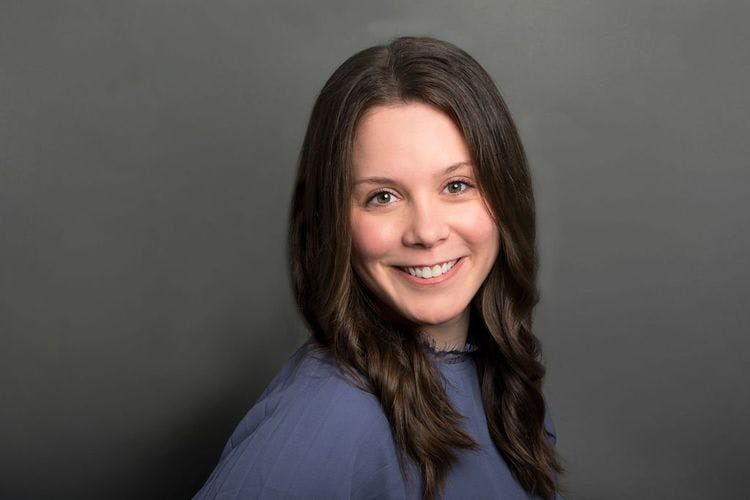


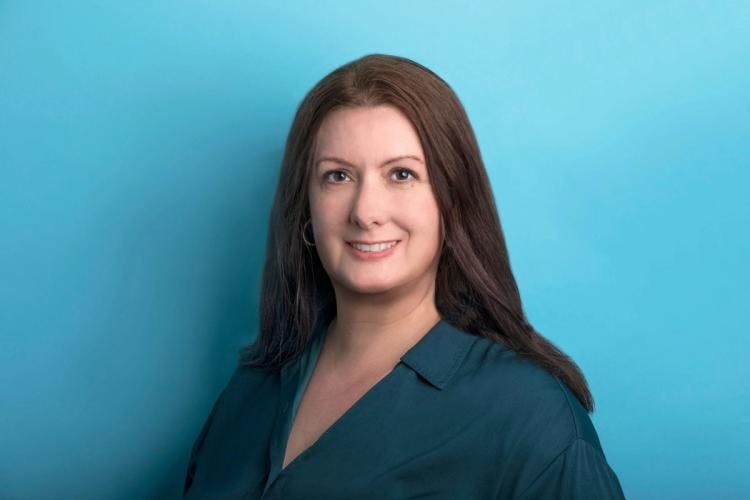

Our Services
Virtual/Online CarePHP and IOPAdult PsychiatryChild & Adolescent PsychiatryAdult TherapyChild & Adolescent TherapyCouples CounselingFamily TherapyGroup TherapyPsychological TestingTranscranial Magnetic Stimulation (TMS)Resources
Refer a PatientCareersClinical Training OpportunitiesOur ProvidersFree Mental Health TestsCommonly Prescribed MedicationsLocationsBlogIn The NewsClarity Through CharityClarity for AllQuick Links
Patient PortalFAQsAccepted InsurancesContact us